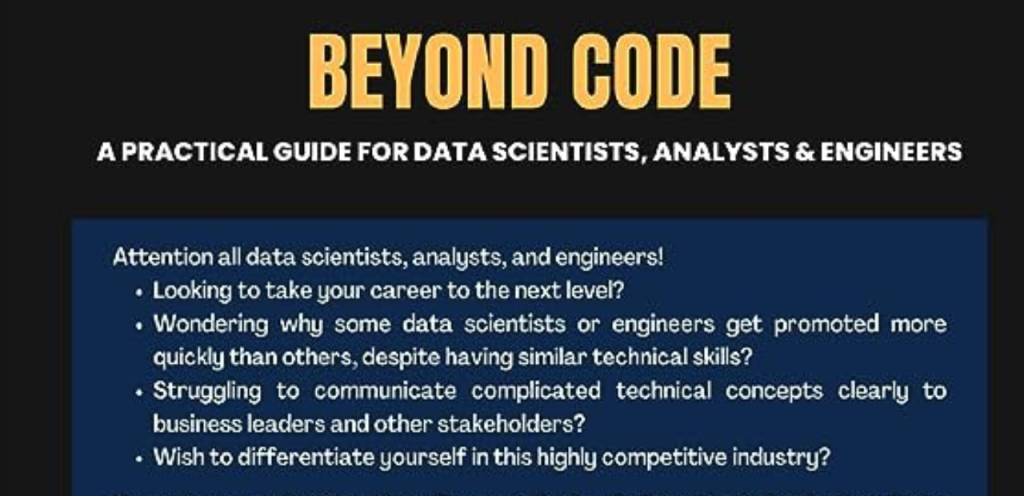Mechanical engineering is a branch of engineering that deals with the design, analysis, and manufacturing of mechanical systems. It encompasses the study of mechanics, thermodynamics, materials science, and other related subjects.

In this field, engineers work on designing and developing machines, vehicles, power systems, and various other mechanical devices. They also focus on improving the efficiency and performance of existing systems. Mechanical engineering plays a vital role in industries such as automotive, aerospace, energy, and robotics.
By applying scientific principles and engineering skills, mechanical engineers contribute to the development of innovative technologies and solutions to address real-world challenges.
Building Alliances For Collective Advancements
Building alliances plays a crucial role in advancing the field of mechanical engineering. Collaboration and partnership between industry experts, researchers, and academia are essential to drive innovation, knowledge sharing, and collective growth. By fostering these alliances, the field can overcome challenges, explore new frontiers, and pave the way for groundbreaking advancements.
In this section, we will explore how alliances contribute to the collective progress of mechanical engineering.
Leveraging Expertise For Mutual Benefits:
- Collaboration between industry experts and academia enables the exchange of knowledge, expertise, and resources.
- Through such alliances, industry professionals gain access to cutting-edge research, while academia benefits from real-world applications of their findings.
Research And Development Partnerships:
- Collaborations between industry and research institutions facilitate the development of new technologies and solutions.
- Sharing resources and expertise helps accelerate research efforts, leading to faster advancements in the field.
Joint Projects For Innovation:
- Partnerships in mechanical engineering often result in the initiation of joint projects aimed at solving complex problems.
- By pooling resources and expertise, these projects drive innovation and foster the development of groundbreaking solutions.
Strengthening Workforce Development:
- Alliances between educational institutions and industry stakeholders promote the growth and development of skilled professionals.
- Industry-academia collaborations in the form of internships, apprenticeships, and research programs provide students with practical knowledge and industry exposure.
Enhancing Global Competitiveness:
Must read_
- Maximizing Your Starting Salary as a Mechanical Engineer
- Mechanical Engineer Salary California Explained!
- How to Become a Mechanical Engineer
- Entry Level Mechanical Engineer Salary
- Mechanical Engineer Resume
- Mechanical Engineer Jobs near Me
- Mechanical Engineer Starting Salary
- Mechanical Engineer Colleges
- Average Salary for Mechanical Engineers
- Building alliances on a global scale allows for cross-border collaborations, enabling the exchange of diverse perspectives and ideas.
- These partnerships not only foster global cooperation but also contribute to the overall competitiveness of the mechanical engineering field.
Click here to follow Sofol Engineer -All about Engineering site in Google News
By building alliances and fostering collaborations, the field of mechanical engineering can collectively achieve advancements that would be otherwise unattainable. Leveraging expertise, sharing resources, and initiating joint projects are key pillars of these alliances, driving innovation and promoting the exchange of knowledge.
Moreover, such partnerships contribute to strengthening workforce development and enhancing global competitiveness, paving the way for a brighter future in mechanical engineering.
Frequently Asked Questions Of Mechanical Engineering
What Is Mechanical Engineering?
Mechanical engineering is a field that applies principles of physics and materials science to design, develop, and manufacture mechanical systems and devices.
What Are The Main Branches Of Mechanical Engineering?
The main branches of mechanical engineering include thermodynamics, mechanics, robotics, aerospace engineering, and manufacturing engineering.
How Does Mechanical Engineering Influence Our Daily Lives?
Mechanical engineering plays a crucial role in our daily lives, from the cars we drive to the appliances we use, improving efficiency and enhancing convenience.
What Skills Are Required To Become A Successful Mechanical Engineer?
To become a successful mechanical engineer, you need a strong foundation in math and physics, problem-solving skills, creativity, and the ability to work with various tools and software.
What Are The Career Prospects In Mechanical Engineering?
Mechanical engineering offers diverse career prospects, including opportunities in industries such as automotive, aerospace, energy, manufacturing, and consulting.
Conclusion
With advancements in technology and increasing demand for innovation, the field of mechanical engineering continues to thrive. This blog post has delved into the various aspects of mechanical engineering, highlighting its importance and versatility. From designing, analyzing, and manufacturing machines to developing sustainable solutions for a better future, mechanical engineers play a crucial role in shaping the world we live in.
By combining creativity, problem-solving skills, and scientific knowledge, these professionals are at the forefront of developing groundbreaking solutions for complex challenges. Through this blog post, we have explored the diverse career opportunities that mechanical engineering offers and the skills required to excel in this field.
From aerospace and automotive industries to renewable energy and robotics, there is a wide range of sectors where mechanical engineers can make a significant impact. The future of mechanical engineering looks promising, as new technologies such as artificial intelligence and additive manufacturing continue to revolutionize the industry.
Whether you are considering a career in mechanical engineering or simply curious about its possibilities, this blog post has provided valuable insights into this exciting field. With consistent advancements and a growing demand for innovative solutions, mechanical engineering is undoubtedly a field to watch out for.
So, if you have a passion for innovation and problem-solving, a career in mechanical engineering may be the perfect fit for you.
Must read_
- Maximizing Your Starting Salary as a Mechanical Engineer
- Mechanical Engineer Salary California Explained!
- How to Become a Mechanical Engineer
- Entry Level Mechanical Engineer Salary
- Mechanical Engineer Resume
- Mechanical Engineer Jobs near Me
- Mechanical Engineer Starting Salary
- Mechanical Engineer Colleges
- Average Salary for Mechanical Engineers










